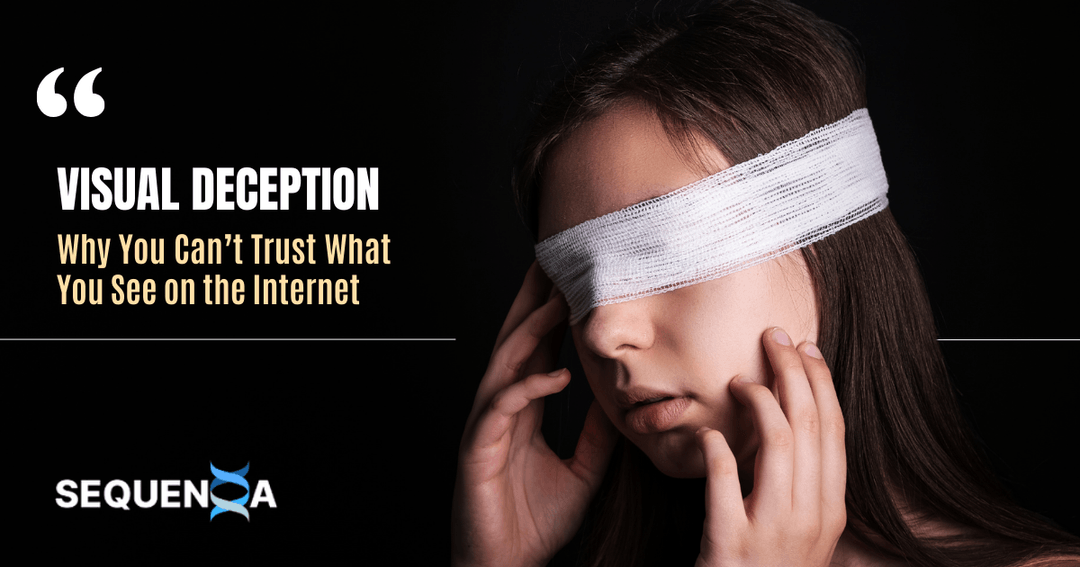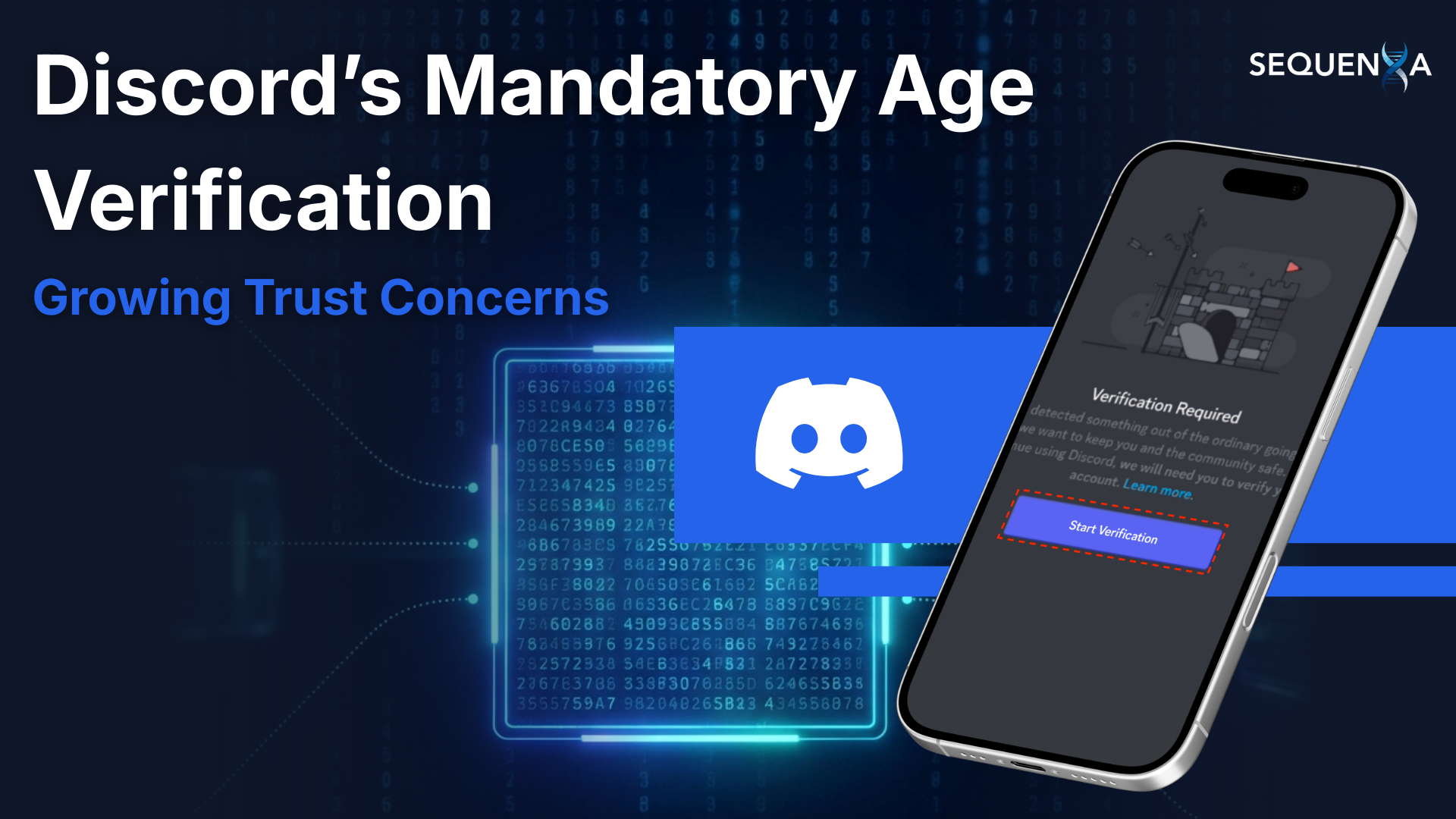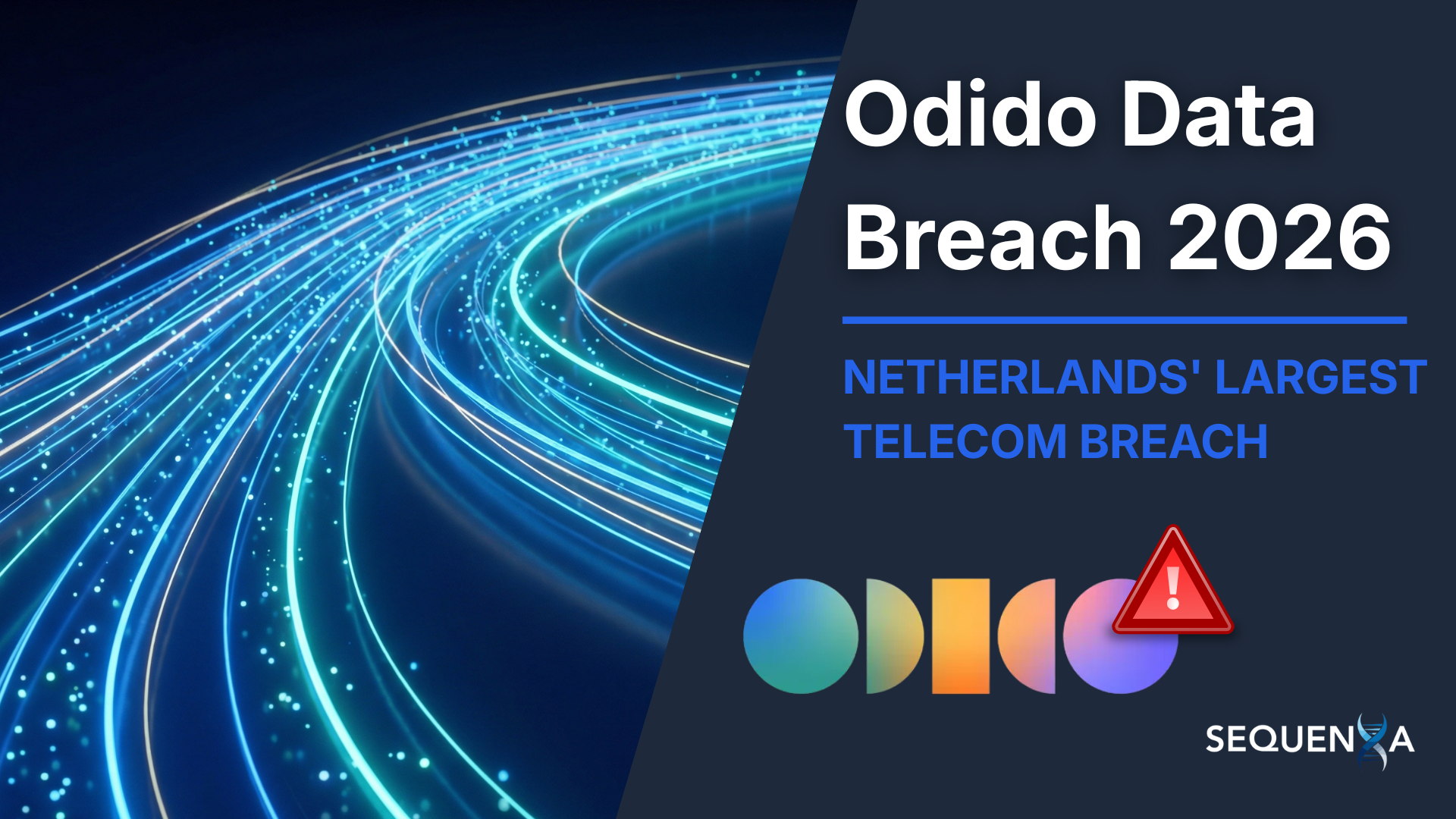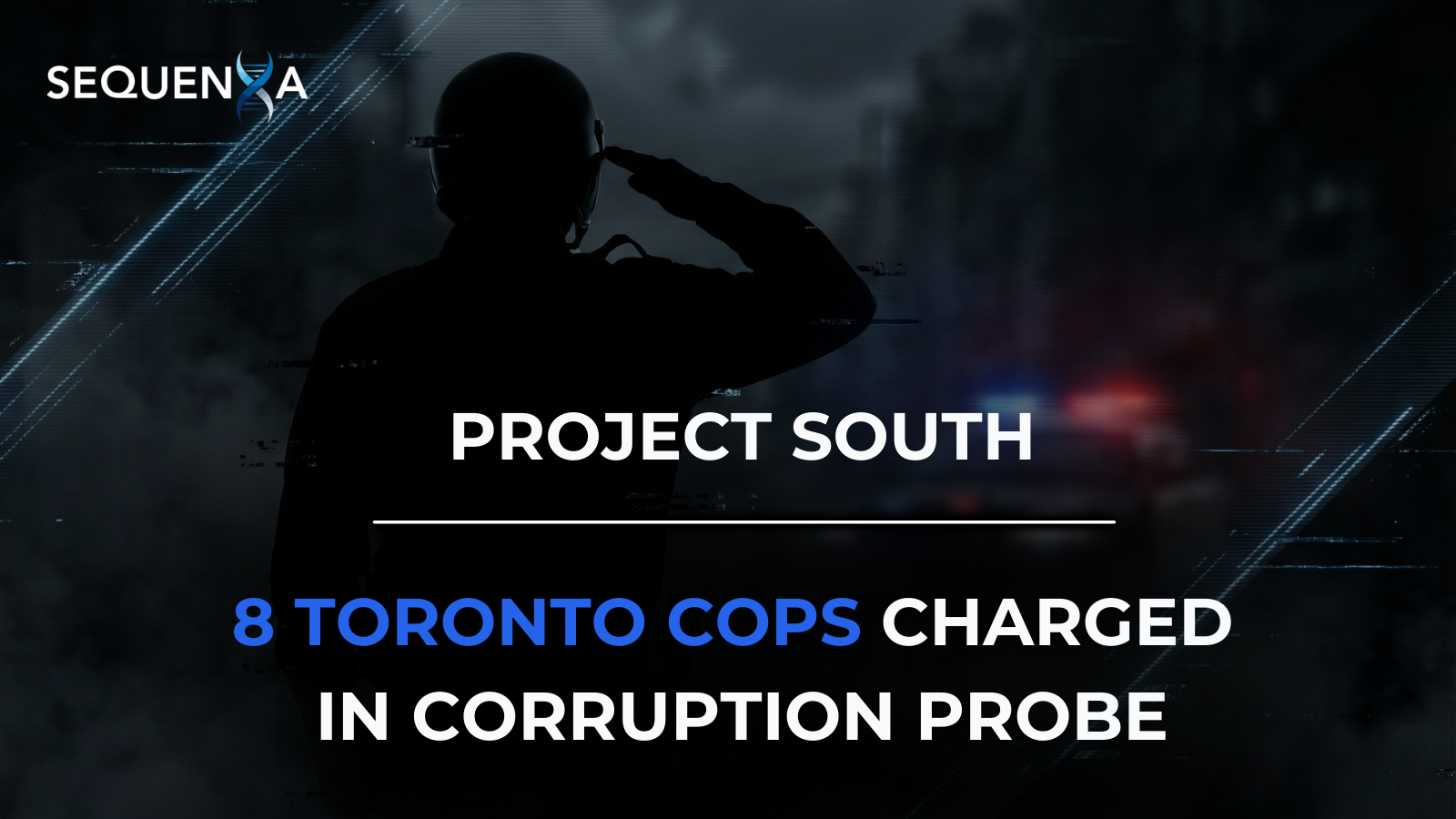Visual Deception: Why You Can’t Trust What You See on the Internet

With fake visuals everywhere, you can't always trust what you see. Images from AI-generated faces to photoshopped nudes are flooding social media, dating platforms, job portals, and news websites.
The problem? Most people don’t know how to check if a photo is fake until it’s too late. Whether you're dealing with a scammer using a stolen profile picture or a damaging deepfake making the rounds online, image fraud is a real threat to personal safety and digital trust.
The Rising Need to Verify Images Online
Image fraud isn’t just a catfish problem, it’s a growing digital epidemic affecting everything from relationships to business decisions. With the rise of deep fakes and AI editing tools, anyone can fabricate an identity or alter a moment in seconds.
Why image verification matters:
Misinformation spreads 6x faster when paired with visuals
Identity thieves often use stolen or altered images for scams
AI can generate ultra-realistic faces that don’t exist at all
Signs you might be looking at a fake:
Unnatural lighting or shadows
Over-smooth skin and lack of detail
Backgrounds that appear warped or inconsistent
No metadata or GPS data on file
Example: A tech CEO was impersonated in a phishing scam using a fake profile photo. The scammer secured $14,000 in “investment” from a target before being caught.
Statistics: 46%of internet users have unknowingly encountered a fake photo online (Pew Research, 2023).
"We’re in a visual-first internet, but most users don’t have visual literacy. The ability to tell real from fake is now a survival skill."
Have you ever second-guessed a photo but trusted it anyway?
Why Image Authenticity Matters More Than Ever
Photos are powerful, they trigger emotions, influence opinions, and drive decisions. But when those images are fake, the damage can be serious.
What’s at risk without image authenticity:
Misinformation: Viral images are often shared without source checks
Scams & catfishing: Stolen or edited photos create fake personas
Reputational damage: Faked nudes or photoshopped content can ruin lives
False evidence: In legal or journalistic settings, fake images mislead authorities
Example: Apolitical smear campaign in South Asia was fueled by a doctored image of a candidate allegedly partying during a tragedy, later debunked by metadata and a verify photo authenticity free tool.
"An image used to be worth a thousand words. Now it’s a thousand risks, unless you verify it."
Worried about what’s real online? Learn how to scan and pics in seconds with Our Reverse Image Scan
How to Check If a Photo Is Fake: Tools and Techniques
Want to know how to check if a photo is fake or how can you find out if a picture is fake? The good news, you don’t need to be a forensics expert. Today’s tools make it easier than ever to analyze, verify, and expose fake images.
Top tools and techniques:
Fake image detector and fake photo detector platforms
Reverse image searches to find duplicates or edited versions
Pic fake check utilities to catch obvious and hidden edits
Use AI image tools to assess metadata and compression artifacts
Example: Investigative reporters used nude photo search to trace stolen influencer photos being sold on adult platforms, proving identity theft and clearing victims of involvement.
Statistics: 78% of manipulated photos show signs that detection software can catch (Journal of Digital Forensics, 2023).
"With the right tools, even a casual user can detect 90% of fakes in under a minute."
Have you ever used a reverse image search? If not, what’s stopping you?
How to Tell If the Image Is Fake
Even without tools, trained eyes can often spot inconsistencies. Knowing how to tell if a picture is fake, or how to check if photo is fake, can save you from falling for scams or misinformation. Many people ask themselves, "how can I tell if a photo is fake?" or even simply, "is this photo real?" and with the flood of manipulated media online, these are essential questions.
Here’s how to see if a picture is fake using just your observation skills:

How to find if a picture is fake can sometimes require tools, but even without them, spotting real or fake images is possible with careful scrutiny. Today, experts use advanced AI systems to detect fake images, but the average person can still protect themselves by being observant.
Example: A dating app user suspected catfishing when her match refused to send a spontaneous selfie. A picture verification tool confirmed the image had been used on six other profiles, in three countries.
Statistics: 42% of online dating users have encountered someone using a stolen or fake photo (Statista, 2023).
What’s the first thing you notice when trying to determine if a photo is real or fake?
The Rise of Nude Searchers and Image Privacy Risks
One disturbing trend in image misuse is the rise of nude searcher tools and nude image search engines. These platforms, some operating underground, are designed to find and index explicit or stolen images across the web.
How nude lookup tools work:
Use reverse image search algorithms
Scrape data from adult content forums and social media
Allow anonymous uploads for detection or exploitation
Risks of these platforms:
Exposure of private or non-consensual content
False positives that can damage reputations
Victims often unaware their images are circulating
Example: A teacher discovered her face photoshopped onto explicit content through a reverse image search nudes engine. Using a fake image detector, the edits were identified and used to demand removal.
Think an image might be misleading? Run it through Our NSFW Scan and expose what’s hidden behind the pixels.
Picture Verification Methods That Actually Work
With so many tools claiming to verify image authenticity, it’s important to know which methods are reliable. Here’s what professionals actually use when determining how to check if a photo is real.
Effective verification steps:
Run a reverse image search to detect image reuse
Use a fake picture detector to identify manipulations
Analyze image metadata for date/location inconsistencies
Use verify photo authenticity free tools with AI forensics capabilities
Compare suspected images to confirmed originals for pixel-level differences
Recommended free tools:
Google Lens or fake image detector Google
Photo Forensics (for ELA and metadata checks)
PimEyes (facial recognition and cross-platform scanning)
Sequenxa (for deep image trace and authenticity scoring)
Example: A brand influencer’s image was altered and used by a fake product page. A pic fake check via Sequenxa traced the tampered image’s source within minutes.
Statistics: 60% of users say they feel more confident online when using image verification tools (Tech Adoption Survey, 2024).
"Verification is no longer optional, it’s the gatekeeper of digital truth."
Reverse Image Search for Nudes: What You Need to Know
Reverse image search nudes tools serve dual purposes: protection and exposure. While they can help users find out if intimate images have been leaked, they can also be exploited maliciously. Knowing how to find out if a photo is fake using reverse searches is a key defense in today’s image-first web.
How to use reverse image search safely:
Choose platforms with privacy-first policies
Use blurred or cropped versions if you’re unsure about the platform
Check multiple sources for image appearance consistency
Combine with a fake image detector for added layers of validation
Example: An influencer used reverse search to find their personal vacation photos being edited and re-posted in compromising contexts.
Statistics: Over40 million images have been indexed in adult content forums without consent(Cyber Civil Rights Initiative, 2023).
"Reverse searching isn't just about exposure, it's about taking your identity back."
How to See If a Photo Is Fake in Real-World Situations
There are dozens of scenarios where picture verification can save you from bad decisions. Whether you're hiring a freelancer, dating online, or reviewing a news source, knowing how to see if a pic is fake is critical.
Common real-world uses:
Job hiring: Verifying ID and professional headshots
Online dating: Avoiding catfishing and impersonation
Social media: Validating viral images before sharing
Legal matters: Proving or disproving visual evidence
E-commerce: Identifying stock image scams

Example: A remote recruiter almost hired a designer using a portfolio built on AI-generated images, a verify image tool revealed the deception.
Statistics: 34% of HR managers say they’ve come across digitally altered resumes or applicant photos (LinkedIn Research, 2023).
What would you do if you found out someone was using your photo without permission?
How to Tell If a Photo Is Fake
If you’re still wondering how to tell if a photo is fake, here’s a wrap-up of what you need:
Use tools like a fake picture detector, verify photo, or reverse image search nudes
Look for inconsistencies in metadata, lighting, and resolution
Understand where and how your photos are being used
Apply image verification in dating, employment, and legal decisions
Be proactive with your digital identity don’t wait to be a victim
Example: A freelance photographer used Sequenxa to find their portfolio images listed for sale under another name protecting both their work and their income.
Statistics: Users who routinely verify images are 68% less likely to fall for digital deception (CyberSafe Global Survey, 2023).
Curious about the easiest way to start verifying photos? Find your first image and run a Check with Us.
FAQ: Real or Fake?
How can I tell if a picture is fake?
Use a fake image detector or fake photo detector to analyze for digital manipulation. Look for distortion, metadata issues, and unnatural details.
What’s the best way to verify a picture?
Combine a reverse image search nudes with a pic fake check tool and metadata analysis. These steps help confirm photo authenticity quickly.
Is there a way to check if nudes have been leaked?
Yes, some platforms offer nude image search and nude lookup functions that scan across adult content databases.
Can I verify photo authenticity for free?
Absolutely. Several verify photo authenticity free platforms offer basic checks without charge.
How to tell if the image is AI-generated or real?
Use tools like fake image detector Google extensions or upload to forensic platforms. AI-generated faces often have strange symmetry or blur in non-focal areas.
How to see if a photo is fake without advanced tools?
Perform a reverse image search
Ask for alternative images
Look closely at small visual flaws
Use common sense if it looks too good, verify
Digital Trust Starts with Smart Image Verification
We live in a world where any photo can be copied, altered, or weaponized in seconds. Whether it’s a personal moment or a professional profile, the need to verify picture authenticity has never been more urgent. From fake picture detectors to search engine for nudes, the right tools can help you take control of your digital presence and protect yourself from manipulation.
At Sequenxa, we empower users with advanced yet accessible verification technology helping individuals, creators, and businesses stay informed, protected, and authentic.
Want to secure your digital identity? Try Sequenxa’s image verification tool to trace, track, and trust every photo.
References
Pew Research. (2023). Misinformation and image-based trust online. Retrieved from https://www.pewresearch.org
MIT Media Lab. (2022). Visual deception in digital misinformation. Retrieved from https://www.media.mit.edu
Cyber Civil Rights Initiative. (2023). Non-consensual image abuse data. Retrieved from https://www.cybercivilrights.org
LinkedIn Research. (2023). Digital identity fraud and professional networks. Retrieved from https://www.linkedin.com/research
Journal of Digital Forensics. (2023). Metadata manipulation in image fraud. Retrieved from https://www.jdfjournal.org
UN Cyber Harassment Report. (2023). Online image abuse trends. Retrieved from https://www.un.org
Tech Adoption Survey. (2024). User preferences in verification tools. Retrieved from https://www.techsurvey.com
CyberSafe Global Survey. (2023). Impact of fraud prevention tools. Retrieved from https://www.cybersafe.org



